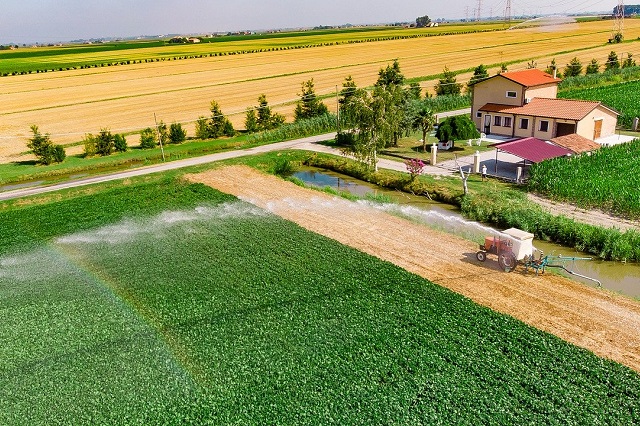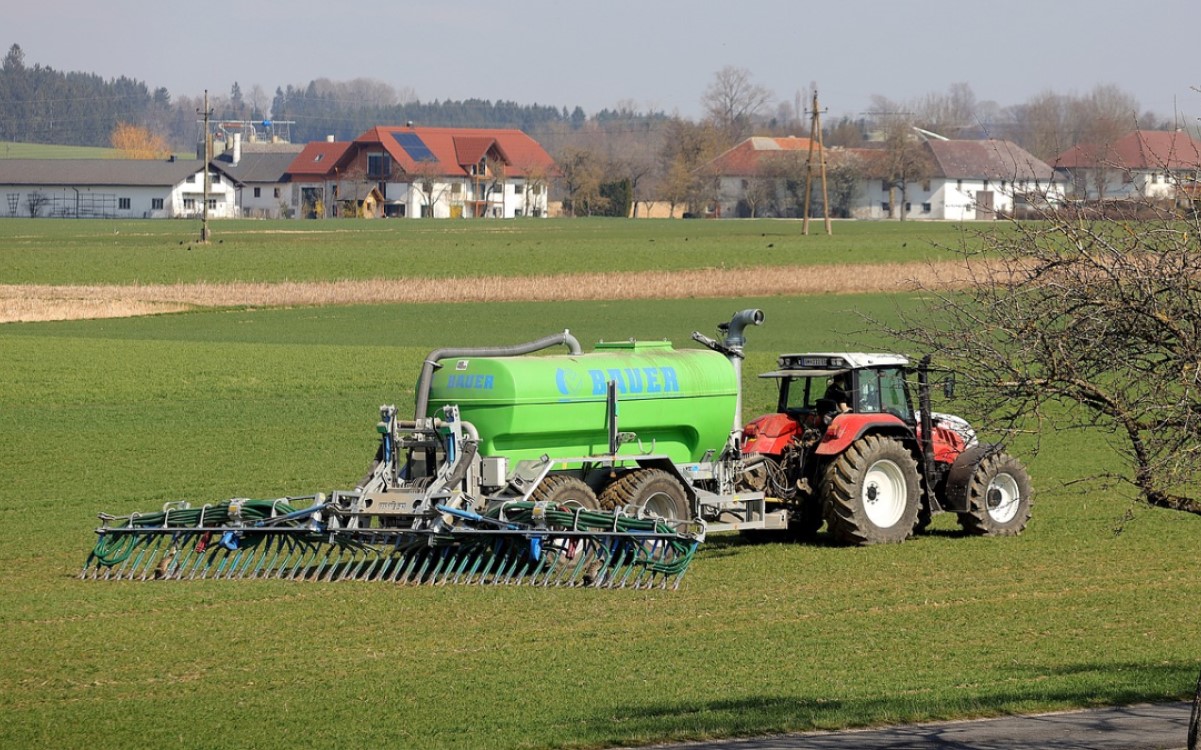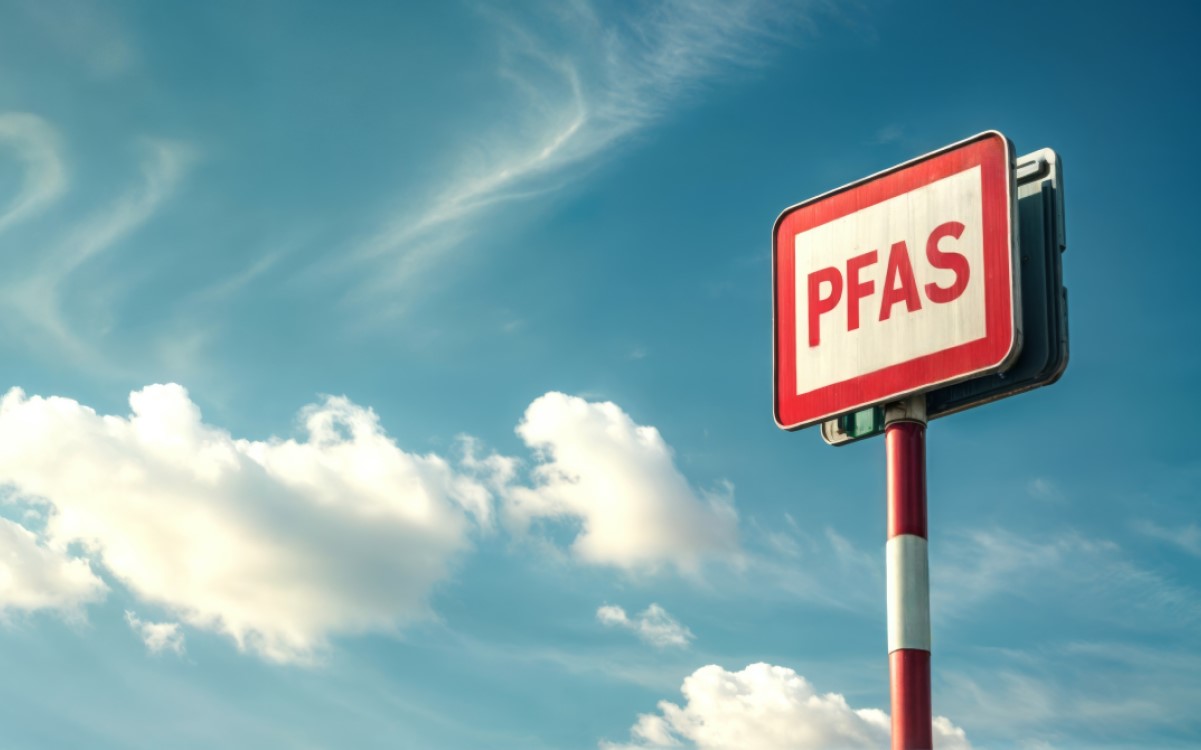The Nexus Seminar No. 43 was held by Dr Serena Caucci, Senior Research Associate at UNU-FLORES. She began the seminar introducing the concepts of sustainable development and the Nexus Approach, which emphasizes interconnections and interdependencies of compartments and their transitions and fluxes across spatial scales and between compartments.
Wastewater reuse in agriculture
Dr Caucci started her discussion concerning the reuse of wastewater in agriculture with an interesting video to capture the attention of the audience. She highlighted the relevance of her research in the present-day context due to intensifying water scarcity and climate change. Almost 70% of water consumed worldwide is in the agricultural sector (FAO, AQUASTAT). So, sustainable management of wastewater in agriculture across all three dimensions of society, economy, and environment is essential. To address this, a systematic literature review was done. Several indicators and indicator factors were found out and they were categorized on the dimensions of sustainability they assessed. In the study on Sustainability Assessment, environmental factors are found to be substantially weighted greater over society and economy.
To read more about the case study presented, visit the UNU-FLORES’ website.
Aquifer recharge
Dr Caucci advocated another approach to water reuse: as a sustainable practice for aquifer recharge. In this regard, she presented the study UNU-FLORES has conducted in Korba, North Tunisia, with the support of the Ministry of Environment in Tunisia and INGREF. This technique was applied in this region due to high salinity in groundwater because of saltwater intrusion from the sea and severe water scarcity in the region due to intensive agriculture practices and climate change. Dr Caucci emphasized wastewater-managed aquifer technique (MAR) as a potential solution to water scarcity. However, if wastewater is not of adequate quality, it can become a source of emerging pollutants, which are not monitored presently in Tunisia. The study concluded that, despite being proofed as a sustainable nature-based solution, the scale of MAR application to the region was not sufficient to reach sustainability but it could prevent saltwater intrusion. Macro contaminants like Nitrogen and salt are still a major source of pollution from wastewater into aquifers. Contaminants of emerging concern like pharmaceuticals are instead not in elevated concentration into groundwaters but their presence should be carefully monitored due to the high risk for health and environment carried by such pollutants. The study calls for policymakers to take concrete actions against the increasing water quality deterioration which will negatively impact agriculture in the region. Upscaling of MAR size and the improvement of wastewater treatment plant performance were recommended. Further studies and appropriate monitoring of pollutants was also recommended.
New project presented
Dr Caucci concluded the seminar with the mention of a new project she will be leading in the field of water reuse in industrial settings. Together with the Technical University of Dresden, UNU-IAS and with multiple other International Partners, the SMART-WaterDomain (EIG-JAPAN) project will be providing a framework for organizational decision-making processes for companies and utilities to facilitate the uptake of water reuse practices in their operation. The project will test assumptions regarding technical feasibility, legal provisions, political assessments and sustainability benefits for the environment, economy and society. Project’s innovation is to serve as a technology and know-how bridge among the IT, the industry and the community addressing the gap between theoretical technical capabilities and actual application in socio-political and cultural environments. SMART-WaterDomain will join forces in supporting the strategy of UNU-FLORES toward the implementation of the Nexus Approach to environmental resources management.
The Nexus Seminar Series
UNU-FLORES in collaboration with PRISMA – Centre for Sustainability Assessment and Policy on behalf of Technical University of Dresden (TU Dresden) are excited to announce the Nexus Seminar Series. The joint seminar series, which launched in 2015, features lectures by senior scholars that highlight all dimensions of research on the Nexus Approach, ranging from hands-on implementation strategies to theoretical debates. The Nexus Seminars serve not only as a platform for scientific exchange and cooperation between UNU-FLORES and TU Dresden but also a medium for the partner institutions to discuss their research with a broader audience.
Taking place once a month, each seminar is open to the public and held alternatingly at UNU-FLORES and TU Dresden. The overview of the upcoming topics and dates can be found here.







